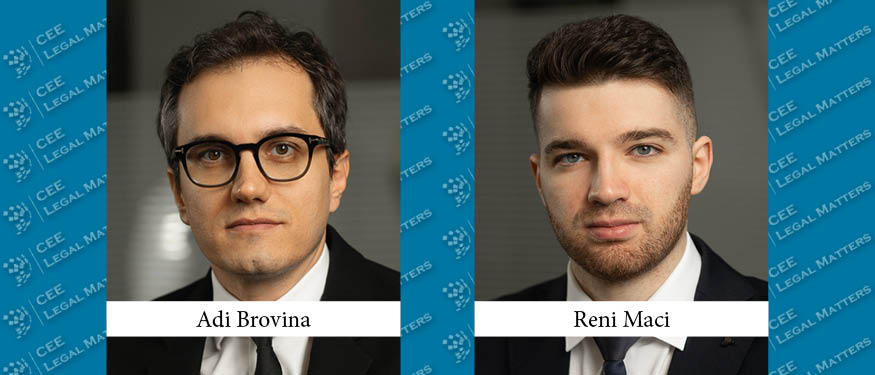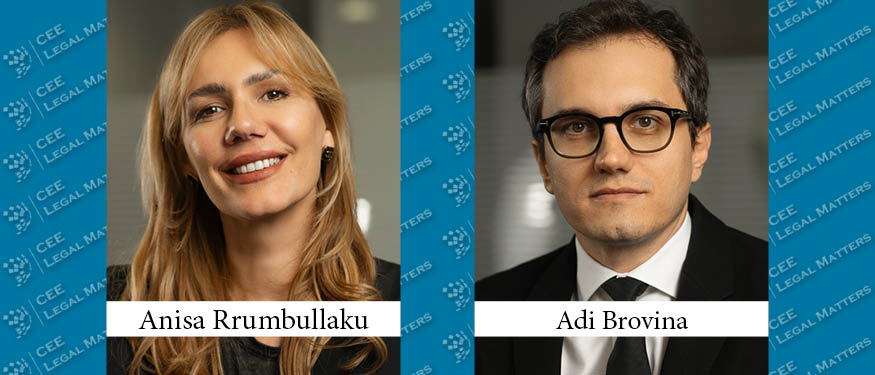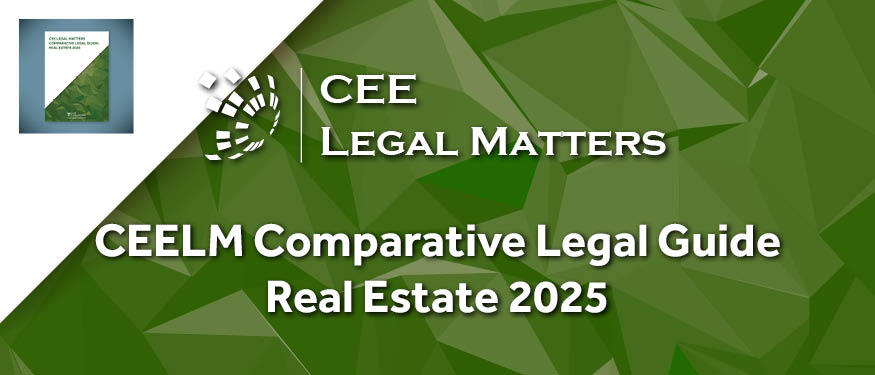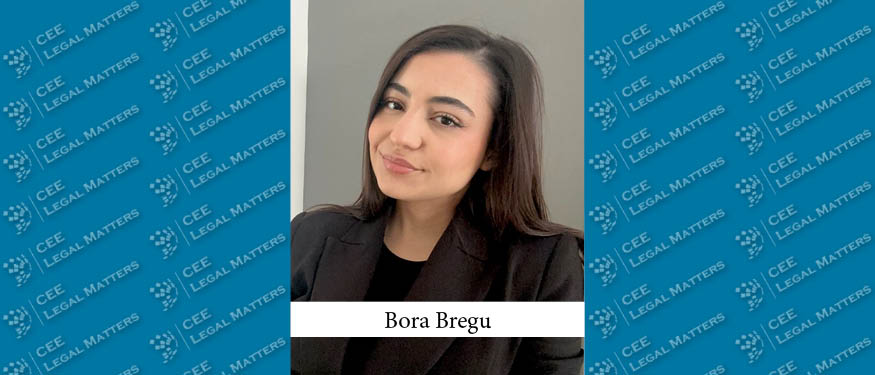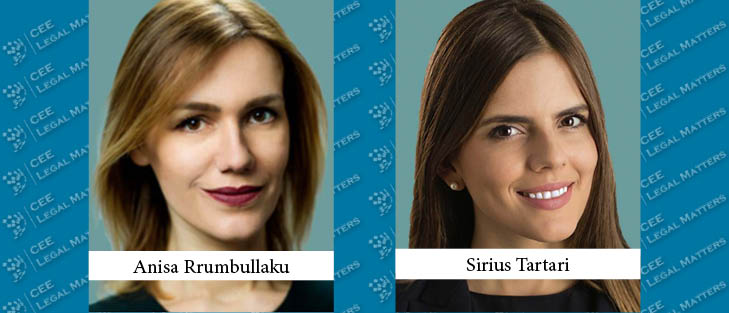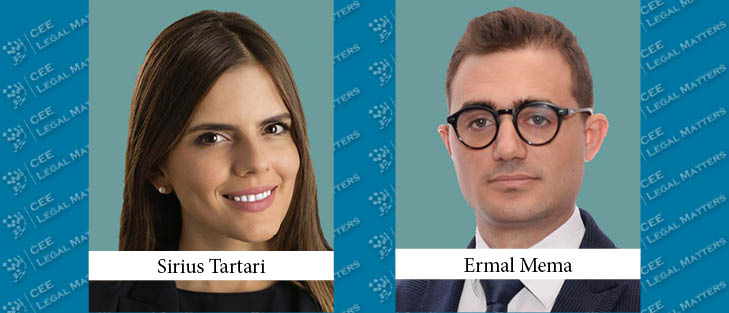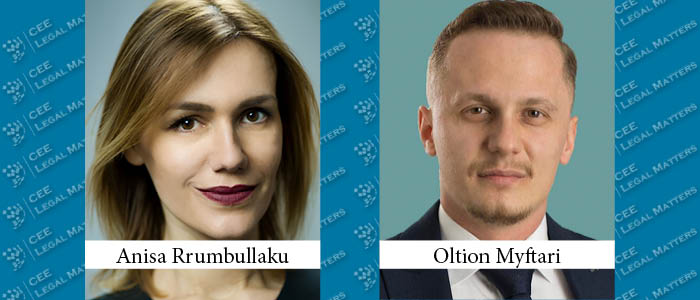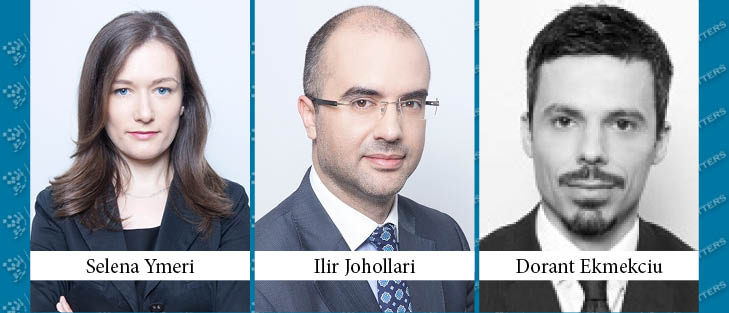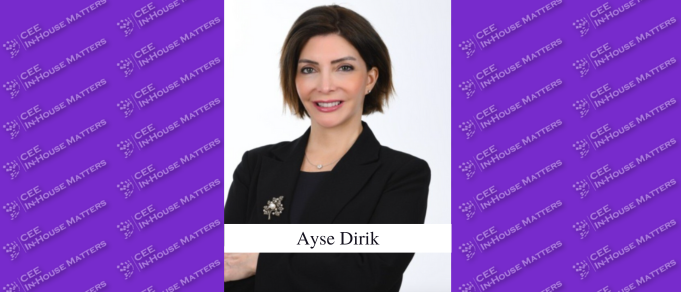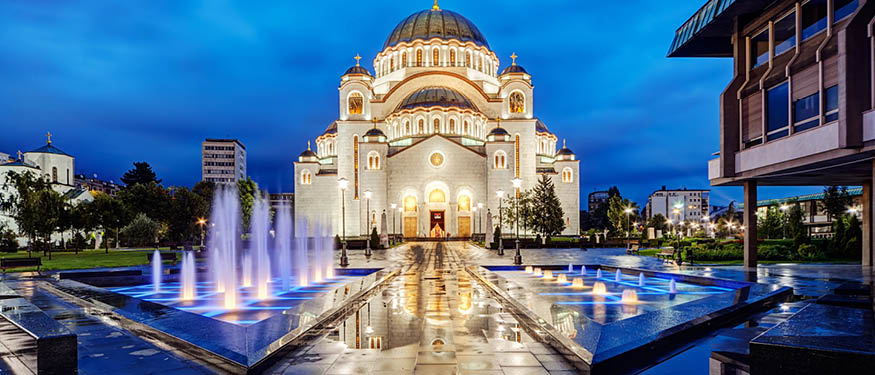Albania’s start to 2025 has been largely shaped by national elections, which have stalled most developments, according to Hoxha, Memi & Hoxha Partner Dorant Ekmekciu. The focus has been on key judicial appointments and ongoing discussions about the independence of the anti-corruption body.
Albania Adopts New Instruction on the Processing of Health and Genetic Data
As part of the broader effort to harmonise national legislation with the EU General Data Protection Regulation, the Albanian Data Protection Commissioner issued Instruction No. 2, dated 30 April 2025 (Instruction No. 2), on the protection of personal data in the health sector. This Instruction repeals the previous 2020 framework and establishes a comprehensive set of rules governing the collection, use, and disclosure of health and genetic data.
Bank of Albania Tightens Marketing Rules for Banks and Financial Institutions
The Bank of Albania has introduced a new regulatory framework on marketing and advertising by financial institutions, significantly enhancing consumer protection and transparency in the financial sector. The changes, enacted through Decision No. 11, dated 5 February 2025, amend the Regulation “On Transparency for Banking and Financial Products and Services” and enter into force on 1 May 2025.
The Epidemic of Generic: The Problem with Law Firm Messaging
Big law firms can coast on boring slogans. They’ve got the clout, the infrastructure, and the impressive list of past clients to do the talking. But if you’re a smaller firm and your website sounds like everyone else’s, you are disappearing into the beige background of legal marketing noise.
Why Most Law Firm Websites Won’t Meet the 2025 Accessibility Deadline
The European Accessibility Act (EAA), approved in 2019, takes effect on June 28, 2025. The Act requires a wide range of products and services – such as consumer electronics, vending machines, websites, and mobile apps – to meet accessibility standards for people with disabilities.
2025 CEELM Deal of the Year Awards Banquet: And the Winner Is…
On the evening of April 1, 2025, the Deal of the Year Awards Banquet brought together, under the same roof, over 200 top-tier lawyers from Central and Eastern Europe's leading law firms and General Counsel from across the region in Prague.
Albania Moves Forward with Draft Law to Establish the Development Bank of Albania
The Minister of State for Entrepreneurship and Business Climate has introduced a draft law for the establishment of the Development Bank of Albania (“DBA”), a specialised public financial institution designed to facilitate financing for small and medium enterprises, start-ups, and underfinanced sectors. The bank is also envisioned as a key player in promoting exports of domestic products and services, as well as supporting public projects and various infrastructure developments.
New Laws Before Elections in Albania: A Buzz Interview with Erinda Ismailaj of Ismailaj & Partners
Albania is aligning with EU regulations through new laws, including a data protection law in 2025 and a new updated electronic communications law, according to Ismailaj & Partners Managing Partner Erinda Ismailaj. With elections on May 11, legislative activity has slowed, creating uncertainties that can lead to a lack of predictability in a business environment.
CEE Legal Matters Comparative Legal Guide: Real Estate 2025 is Now Out!
CEE Legal Matters is proud to introduce the latest in our Comparative Guides series. This one focuses on Real Estate in CEE.
Proposed Amendments to the Albanian Civil Procedure Code
A draft law proposing changes to Law No. 8116, dated March 29, 1996, “The Civil Procedure Code of the Republic of Albania,” has been submitted for approval to the Albanian Assembly. These amendments are part of a comprehensive initiative to enhance the efficiency of the judicial system and improve the overall quality of judicial proceedings in the country.
Albania Is Rolling the Dice on Gambling
Albania’s gambling industry has undergone significant transformations over the past decade, shifting from a thriving sector to one under stringent regulation. Lalaj & Partners Partner Sabina Lalaj explores the evolution of gambling in Albania, the impact of regulatory changes, its current status in the economy, and the future outlook of the industry.
The Future of Banking in a Digital World in CEE: A CEE Legal Matters Round Table
On November 14, 2024, banking and finance experts from Albania, Austria, Bosnia and Herzegovina, Bulgaria, North Macedonia, and Poland sat down for a virtual round table moderated by CEE Legal Matters Managing Editor Radu Cotarcea to discuss digitalization and the impact of tech on the banking sector in CEE.
Albania’s Privacy Reform: Exploring Key Proposals in the Draft Data Protection Law
The long-anticipated initiative to establish a new legal framework for personal data protection in Albania is finally moving forward, as the Council of Ministers has approved a draft law that aligns closely with the European Union’s General Data Protection Regulation (GDPR). This proposed legislation promises to bring significance in this important but frequently underappreciated legal domain. With its comprehensive approach and alignment with EU standards, the new law aims to greatly improve privacy protection in the national context.
New Joint Instruction Clarifies Residence Permit Procedures in Albania
New Joint Instruction No. 196/2024, “On cooperation between the Ministry of Internal Affairs, Ministry of Economy, Culture, and Innovation, and the State Intelligence Service regarding the issuance of residence permits for foreigners” (the “Instruction”), came into effect on 22 October 2024. This Instruction, aimed at clarifying and improving coordination among public institutions, does not amend existing residence or unique permit (i.e., a residence permit issued for employment purposes that combines both the residence and work permit) procedures for foreign nationals. Instead, it reaffirms the established process, ensuring that it remains consistent while improving transparency and efficiency.
Albania Gets Competitive: A Buzz Interview with Eviz Zaja of CMS
CMS Partner Evis Zaja reports rapid legal and economic developments in Albania, including upcoming amendments in the competition sector, new cybersecurity laws, and the country's increasing appeal to international businesses.
Regulatory Changes for Employment Agencies in Albania
Under Albanian law, employment intermediary activities are carried out by two types of agencies. The first type consists of “Recruitment Agencies,” which facilitate the hiring of individuals to work for a third party. The second type includes “Temporary Employment Agencies” (TEAs), which recruit and hire individuals for temporary assignments with host companies while keeping them on the agency’s payroll.
Three New Partners at Hoxha, Memi & Hoxha
Hoxha, Memi & Hoxha has promoted Selena Ymeri, Ilir Johollari, and Dorant Ekmekciu to Partner.
Lalaj & Partners Opens Doors in Albania
Former Deloitte Legal Albania and Kosovo Local Legal Partner Sabina Lalaj has established her eponymous firm Lalaj & Partners in Tirana.



